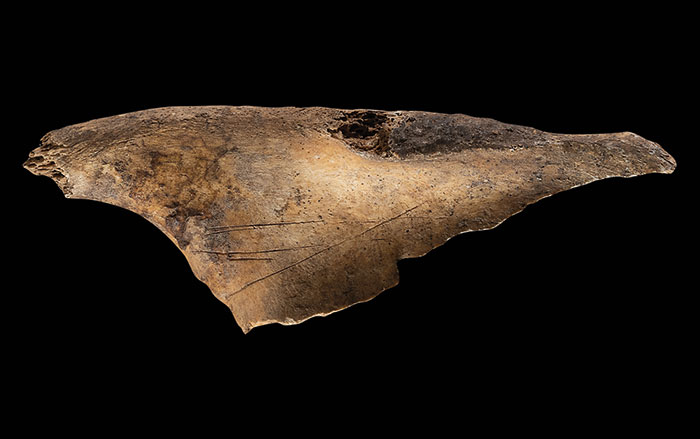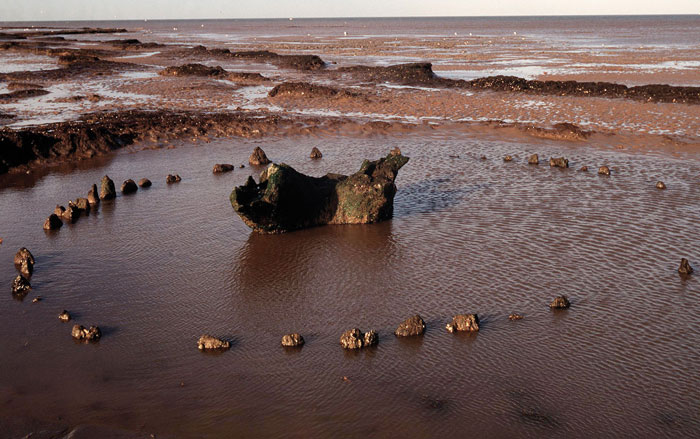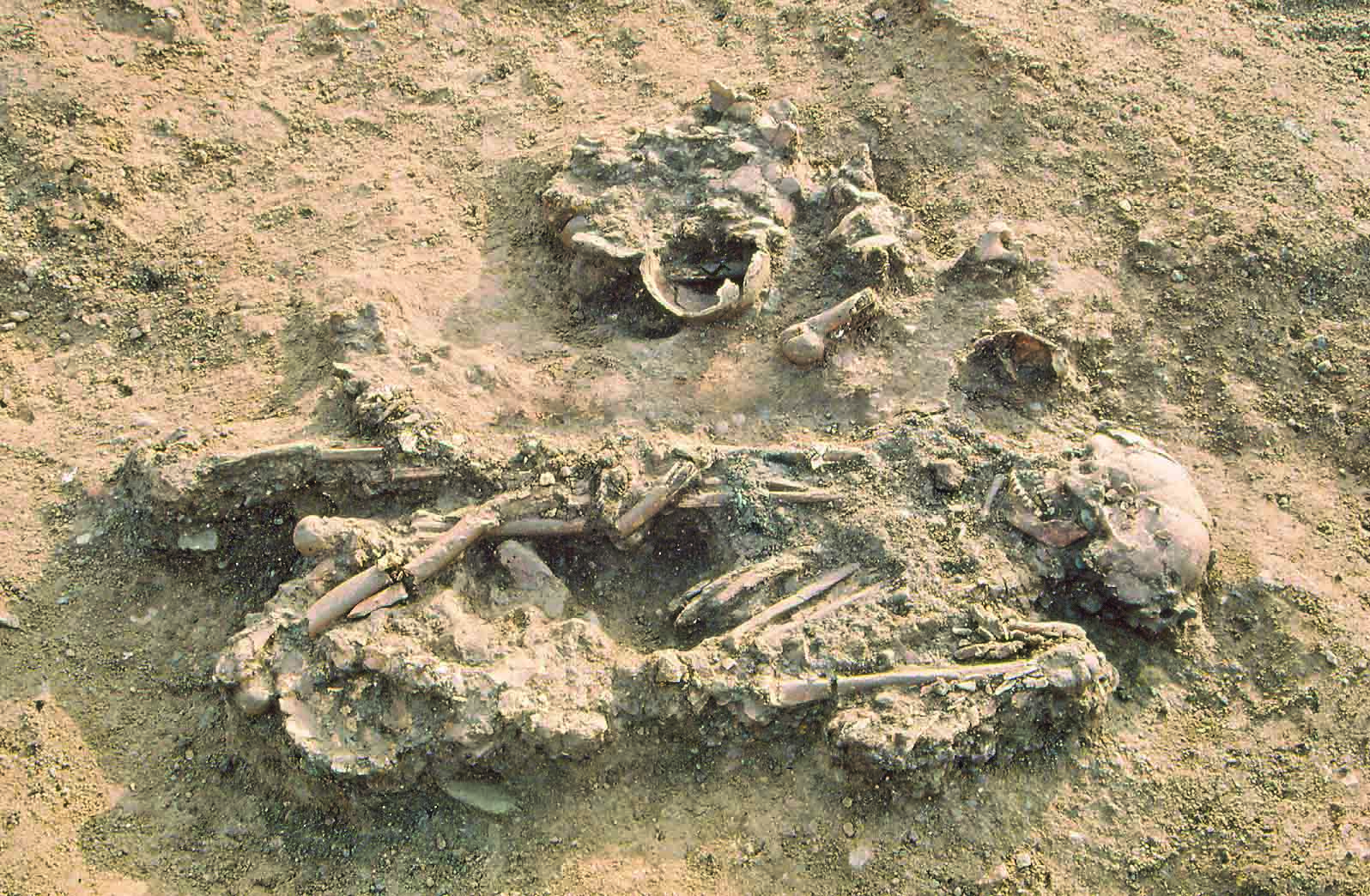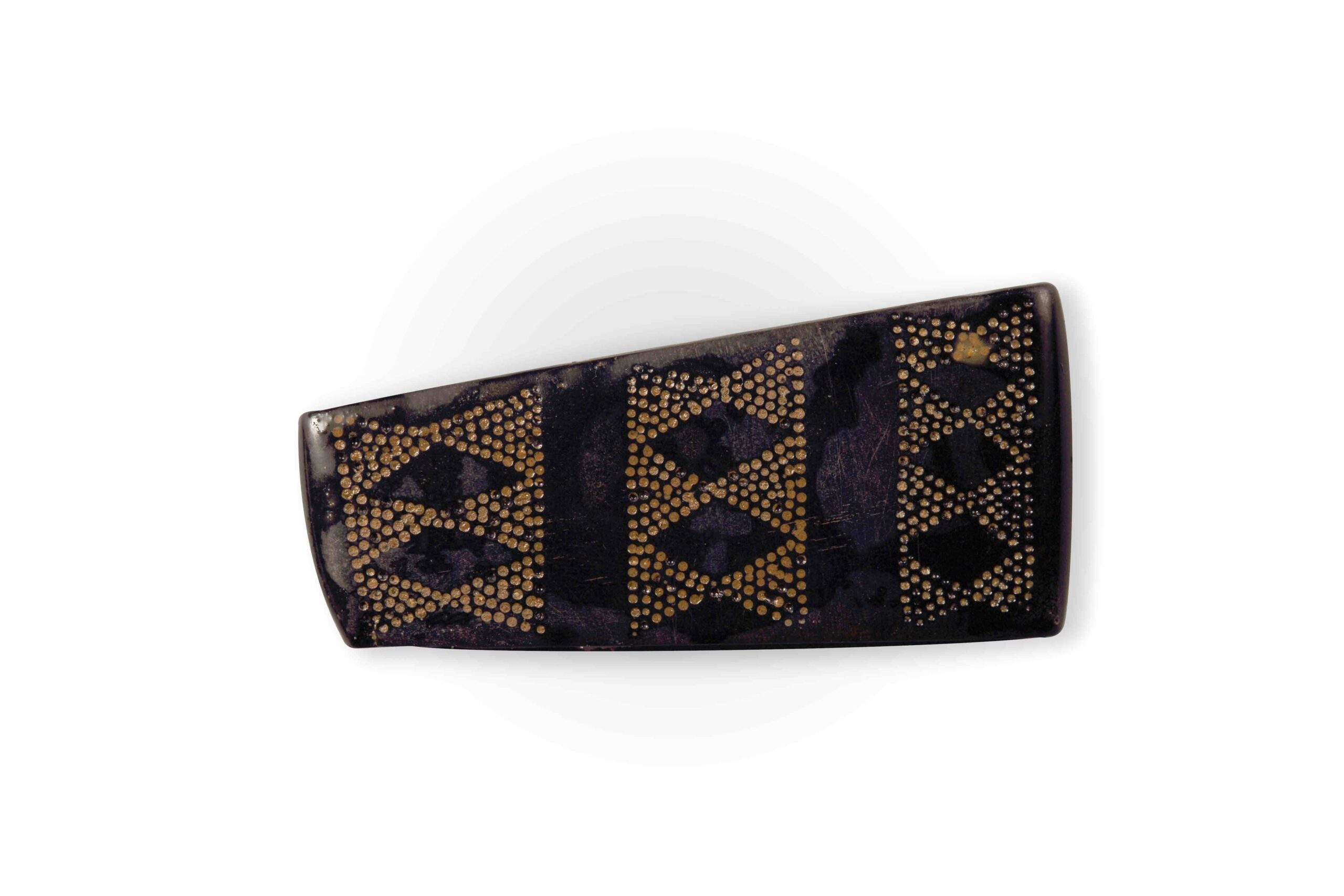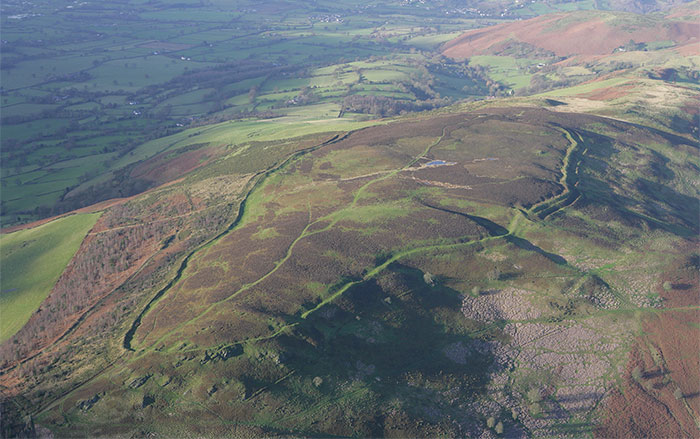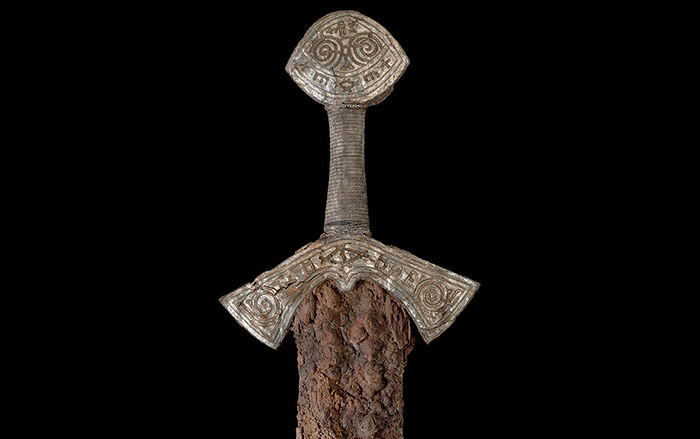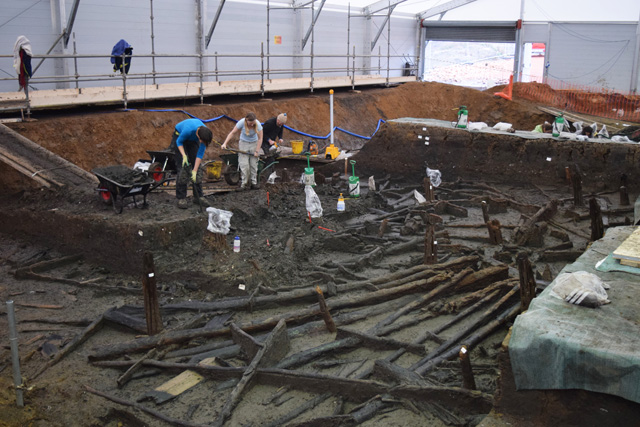
CAMBRIDGE, ENGLAND—Archaeologists have unearthed the best-preserved Bronze Age village ever discovered in England, according to a University of Cambridge press release. Built on stilts above a river beginning around 1200 B.C., the village was destroyed in a fire some 3,000 years ago. The blaze caused the settlement's wooden dwellings to collapse into the river, where sediments preserved the remains of the houses and artifacts in situ. Thus far the team has discovered ceramic vessels with food still inside, as well as an elaborate glass bead necklace, and even textiles made from plant fibers. “Usually at a Later Bronze Age period site you get pits, post-holes and maybe one or two really exciting metal finds,” says David Gibson, archaeological manager at Cambridge Archaeological Unit. “Convincing people that such places were once thriving settlements takes some imagination. But this time so much more has been preserved—we can actually see everyday life during the Bronze Age in the round.” To read about other prehistoric settlements in Britain, go to "Letter From Wales: Hillforts of the Iron Age."


